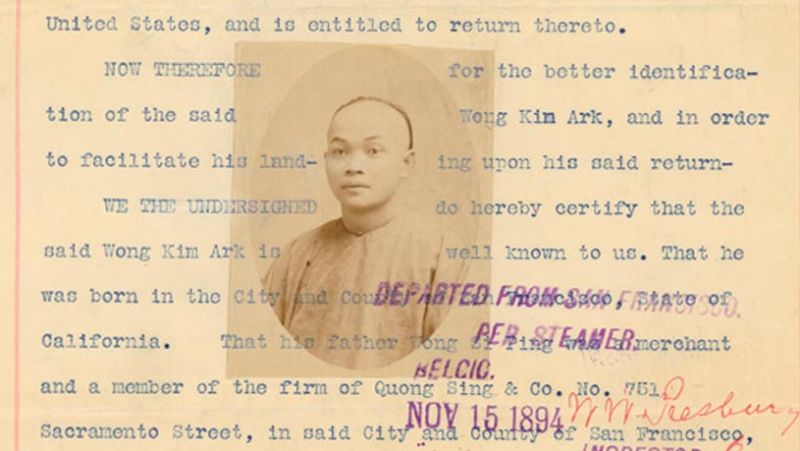
How the modern Supreme Court might view the 14th Amendment and birthright citizenship
CNN
In the few days since he returned to the White House, President Donald Trump’s sweeping executive orders and mass pardons have shattered political and legal norms. But one order is in a category of its own.
In the few days since he returned to the White House, President Donald Trump’s sweeping executive orders and mass pardons have shattered political and legal norms. But one order is in a category of its own. His decree proposing to end the constitutional promise of birthright citizenship contradicts the plain words of the 14th Amendment and would reverse an 1898 Supreme Court milestone. That case, brought by the son of Chinese nationals, has long guaranteed citizenship for anyone born in the United States, unless the parents fall under such narrow exceptions as foreign diplomats or soldiers of invading armies. The Trump directive recalls the era of Dred Scott v. Sandford, the infamous 1857 decision that said Black people could not be citizens. That case, which helped precipitate the Civil War, was reversed by ratification of the 14th Amendment in 1868. Perhaps to counteract comparisons with a reviled decision that rested on notions of White supremacy, the executive order referred to Dred Scott at the outset, calling it a “shameful decision.” But then the directive recast the 14th Amendment to befit Trump’s anti-immigrant mission and to exclude children born to undocumented parents. Immigrant-rights advocates, civil libertarians and 24 Democratic-led states and cites immediately filed a series of lawsuits, with a first hearing scheduled for Thursday in Seattle. The challenges set the stage for a court confrontation over a central tenet of American identity and assurances woven into life here for more than a century. The litigation is likely to reach the Supreme Court, where Dred Scott has long been regarded as a great “self-inflicted wound.” But a new conservative supermajority has given Trump supporters hope that it might eventually reverse yet another precedent.













